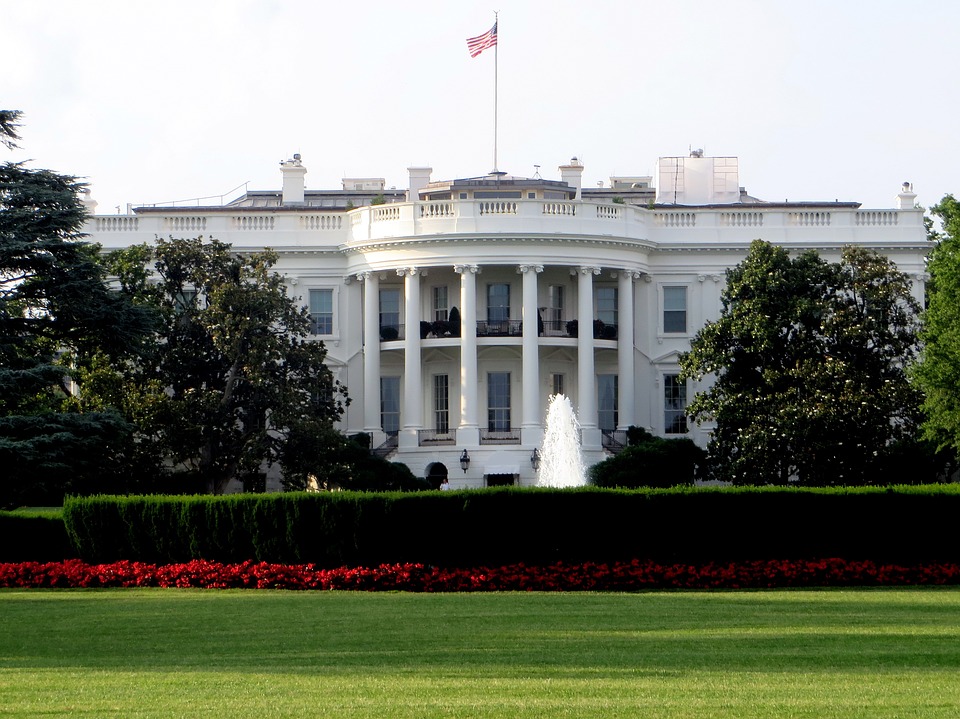Dozens of state and local transportation officials met with Trump administration Cabinet members at the White House this week to hear information first-hand regarding the president’s proposed $1 trillion infrastructure plan. Much of the conversation centered on incentives for private-sector investment that would divest cities and states of responsibility for some public infrastructure.

The Trump plan relies heavily on private investment and public-private partnerships (P3s), and U.S. Transportation Secretary Elaine Chao and White House Budget Director Mick Mulvaney again drove that point home to the approximately 150 local attendees.
Mulvaney said the largest part of the Trump plan will focus on incentives. It supports a $1 trillion investment in transportation needs nationwide. But, only $200 billion of that amount would be federal funds. The president expects that amount to leverage the remaining $800 billion from state, local and private investments.
Projects that already have some level of local or private-sector funding and are nearing completion are likely to likely to get first consideration for new federal funding, said Chao. Other incentives could reward state and local transportation agencies that sell to private firms some public assets that are under-used, and would also provide funding for projects involving innovative ways to deliver roads, highways, bridges and tunnels.
Mulvaney also addressed rural infrastructure needs, which because they are much smaller in size and scope, are not likely to attract private-sector investments. He assured local officials representing rural areas that the Trump plan allocates some funding exclusively for rural infrastructure projects.
Congressional insiders say the oft-delayed transportation plan is not expected to be taken up by Congress until next year because of pressing issues such as tax reform, spending bills and debt ceiling issues, and Chao reiterated that details of the plan are still not finalized. The administration released a set of infrastructure “principles” earlier this year, but the document was devoid of any concrete details on the plan.
Strategic Partnerships, Inc. is one of the leading procurement consulting companies in the U.S. Contact them today to learn how to increase your public sector sales.
